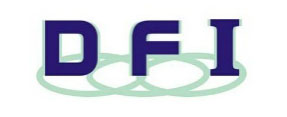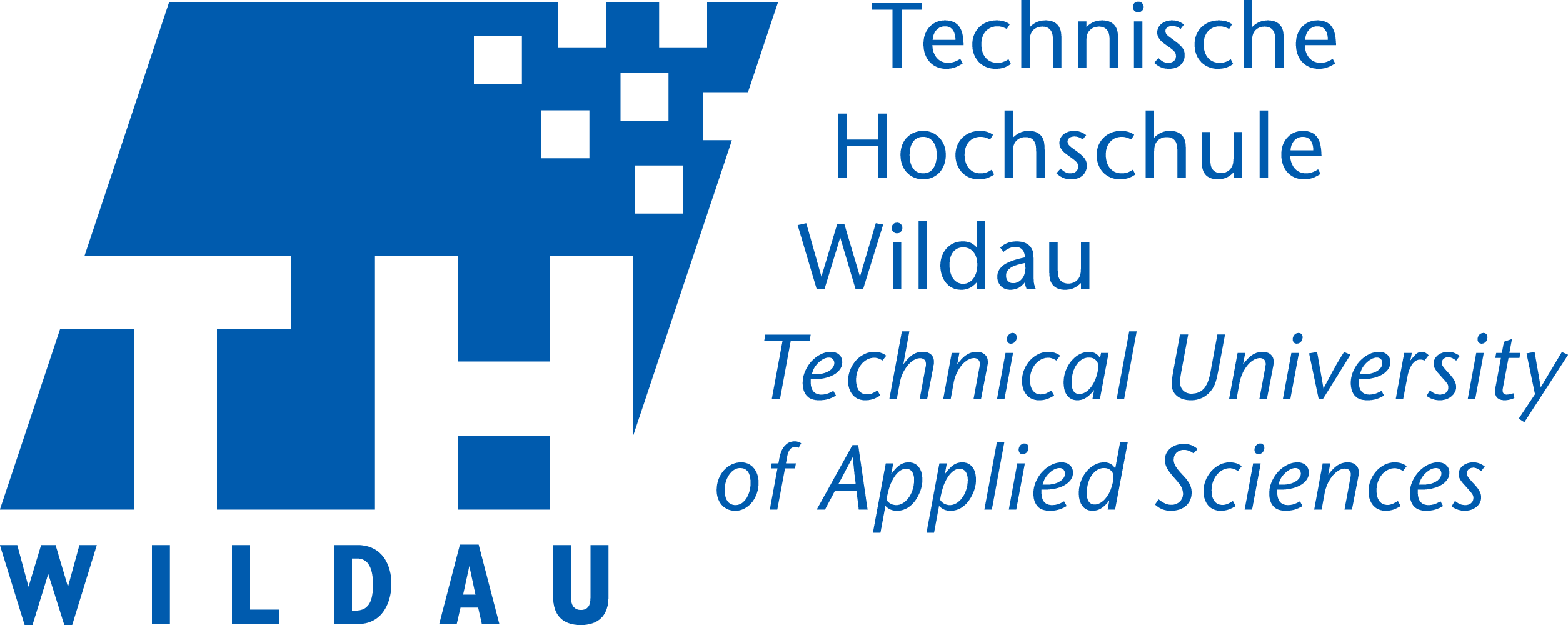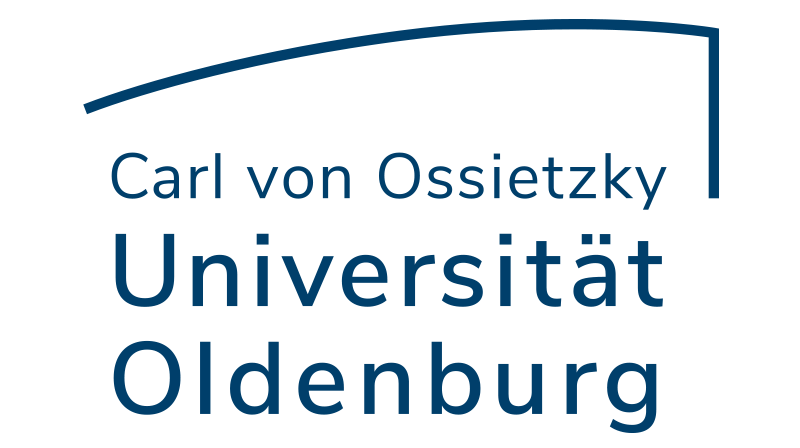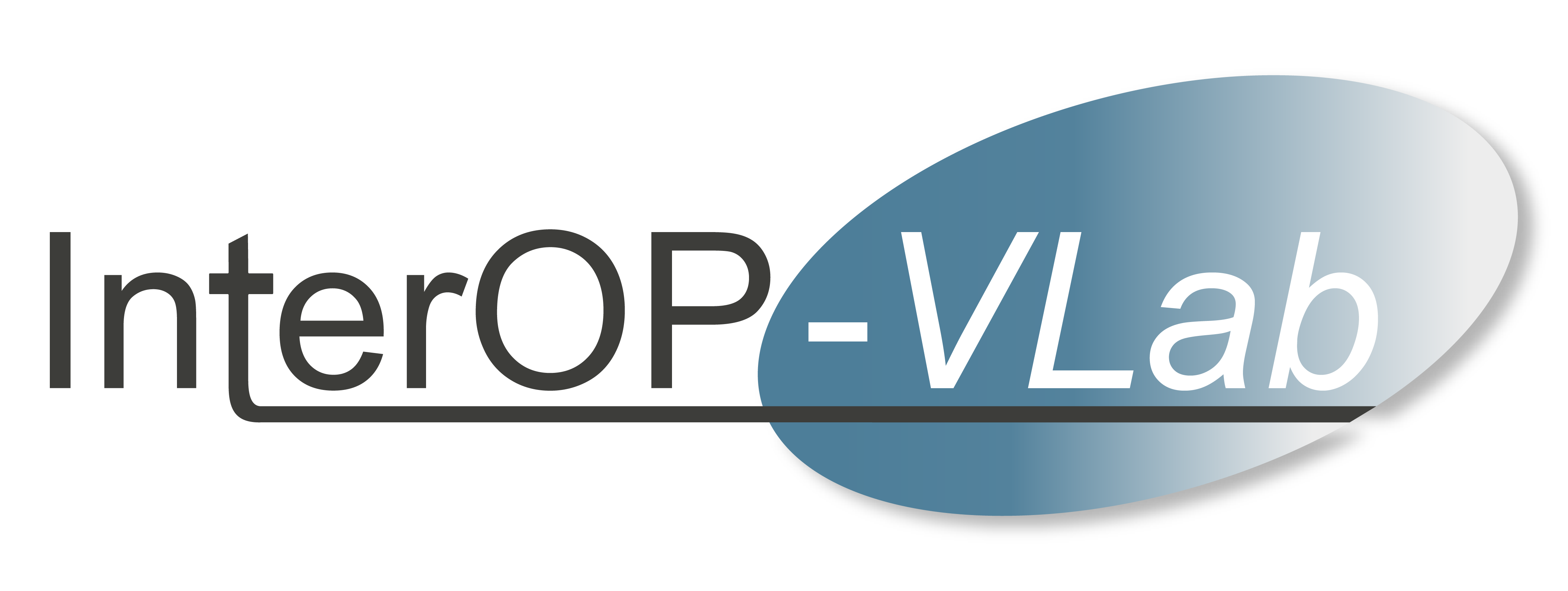DFI Deutsches Forum für Interoperabilität – German Pole

The objective of the association is support the research and education in the field of INTEROPERABILITY of company processes as well as to support the communication between science and industry in this field.
4 partners – 11 Researchers
Chairman: Dr. Thomas Knothe
Vice-Chairman: Prof. Klaus-Dieter Thoben
Representative: Frank-Walter Jaekel
Treasurer: Dr. Martin Zelm




 Fraunhofer-Gesellschaft zur Förderung der angewandten Forschung e.V., München
Fraunhofer-Gesellschaft zur Förderung der angewandten Forschung e.V., München
Fraunhofer IPK in Berlin stands for over 35 years of excellence in production science. They conduct applied research and development across the whole process spectrum of manufacturing industry – from product development, production processes, maintenance of investment goods, and product recycling to the design and management of manufacturing companies. They also transfer production technology solutions to areas of application outside of industry such as medicine, transport and security. IPK is structured in seven divisions: Corporate Management, Virtual Product Creation, Production Systems, Joining and Coating Technology, Automation Technology, Quality Management, and Medical Technology. Close collaboration between divisions means that they are able to tackle even extremely complex issues.
The Fraunhofer Institute for Production Systems and Design Technology IPK undertakes applied research and development for the whole spectrum of industrial usage – from product development, production processes and product recycling to the design and management of production plants. Consequently, Fraunhofer IPK is structured in seven divisions:
Corporate Management
Virtual Product Creation
Production Systems
Joining and Coating Technology
Automation Technology
Quality Management
Medical Technology
Web site : https://www.ipk.fraunhofer.de/en/homepage/
 BIBA – Bremer Institut für Produktion und Logistik GmbH
BIBA – Bremer Institut für Produktion und Logistik GmbH
The BIBA – Bremer Institut für Produktion und Logistik GmbH is a scientific engineering research institute. It was founded in July 1981 as one of the first affiliated institutes of the University of Bremen. Today, it is one of the biggest research institutes of the state of Bremen. It consists of the two research divisions: “Intelligent Production and Logistics Systems (IPS)”, headed by Prof. Dr.-Ing. Michael Freitag, and “Application of Information and Communication Technologies in Production (IKAP) “, headed by Prof. Dr.-Ing. Klaus-Dieter Thoben.
On the basis of fundamental research, the BIBA conducts national and international application-oriented research and industrial contracted research in the areas of production and logistics, focusing on crucial industries as logistics services, automobile, aviation and wind energy.
Furthermore, the BIBA is involved in one DFG- funded collaborative research centre at the University of Bremen, in the Bremen Research Cluster for Dynamics in Logistics (LogDynamics), and in the International Graduate School for Dynamics in Logistics. With the LogDynamics Lab, BIBA has a special service centre for developing and testing innovative mobile technologies for logistics processes and systems.
BIBA’s competences in research include:
Semantic Interoperability throughout the Product Lifecycle
Internet of Things/Industrie 4.0/Industrial Internet of Things
Knowledge-based Engineering
Human-machine Collaboration
Collaborative Business in Enterprise Networks
Integrated Product and Process Design
Product-Service Systems
Intelligent Production and Logistics Systems
System Design and Planning
Data Analytics and Process Optimization
Robotics and Automation
Website : http://www.biba.uni-bremen.de/
 University of Wildau
University of Wildau
The Technical University of Applied Sciences Wildau (Technische Hochschule Wildau – TH Wildau) is one of five universities of applied sciences in the federal state of Brandenburg, Germany. It is located near Germany’s capital city, Berlin.
Web site :http://www.th-wildau.de/
 University of Oldenburg
University of Oldenburg
The Carl von Ossietzky University of Oldenburg was founded in 1973, making it one of Germany‘s young universities. Its goal is to find answers to the major challenges society faces in the 21st century – through interdisciplinary, cuttingedge research.
Web site : https://www.uni-oldenburg.de/en/
